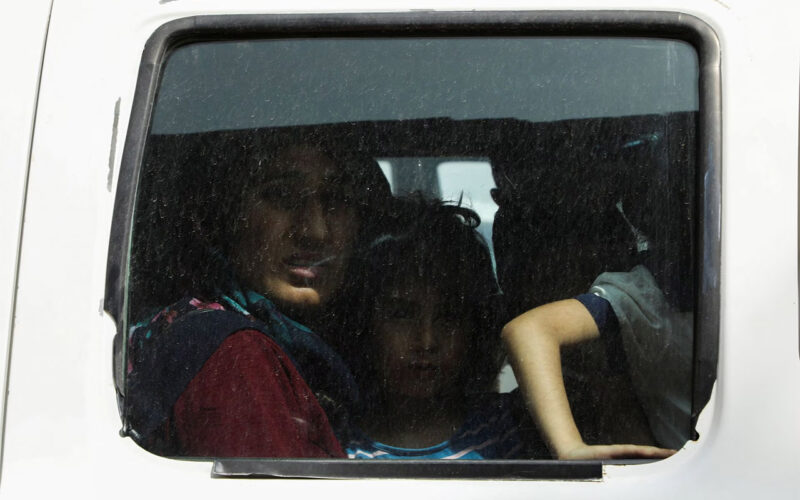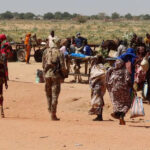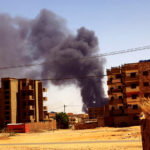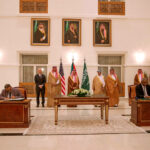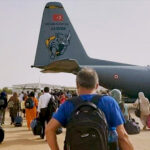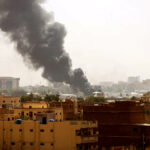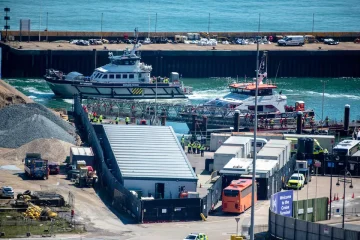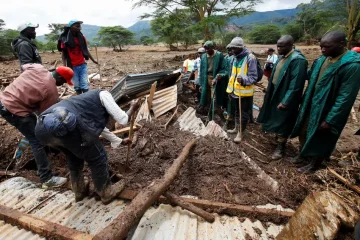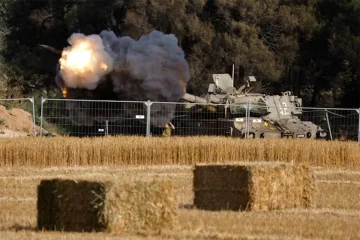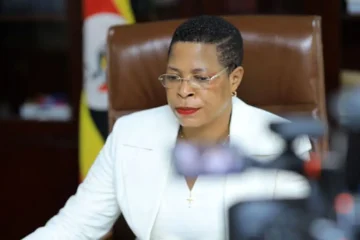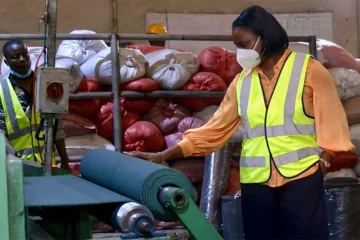A week-long ceasefire period agreed upon by Sudan’s warring factions and designed to allow for the delivery of aid began hours after the army conducted heavy air strikes across the capital Khartoum against its paramilitary rivals.
The ceasefire, which was agreed on Saturday after five weeks of fierce battles between the army and the paramilitary Rapid Support Forces (RSF), was due to take effect at 9:45 p.m. (19:45 GMT).
Though fighting has continued through previous ceasefires, this is the first to be formally agreed upon following negotiations.
The ceasefire deal includes for the first time a monitoring mechanism involving the army and the RSF as well as representatives from Saudi Arabia and the United States, which brokered the agreement after talks in Jeddah.
Shortly before the ceasefire was due to take effect, the RSF released an audio message from its commander Mohamed Hamdan Dagalo, known as Hemedti, in which he thanked Saudi Arabia and the U.S. but urged his men on to victory.
“We will not retreat until we end this coup,” he said.
Both sides accused each other of an attempted power grab at the start of the conflict on April 15.
The ceasefire deal has raised hopes of a pause in a war that has driven nearly 1.1 million people from their homes, including more than 250,000 who have fled into neighbouring countries, threatening to destabilise a volatile region.
It should allow civilians to move and give access to humanitarian aid, said Volker Perthes, the U.N. special representative to Sudan.
“This is a welcome development, though the fighting and troop movements have continued even today, despite a commitment of both sides not to pursue military advantage before the ceasefire takes effect,” he told the U.N. Security Council in New York.
On Monday, residents reported air strikes in Khartoum, Omdurman and Bahri, the three cities that make up the greater capital, separated by the confluence of the Blue Nile and White Nile.
“The situation is horrible. The planes are bombing us on every side and from the strength of the vibration of the house doors, we feel like we’ll die today,” said Salma Abdallah, a resident of Al Riyadh neighbourhood in Khartoum.
TRAPPED
The army has struggled to dislodge the RSF from strategic positions in central Khartoum and from neighbourhoods where it has occupied civilian buildings. The RSF, which has its roots in the feared militias that fought with the government in Darfur, is adept at ground fighting, while the army has depended largely on air strikes and heavy artillery.
Many people in Khartoum are trapped in their homes or neighbourhoods. At least 705 people have been killed and 5,287 injured in Sudan, according to the World Health Organization, though the true death toll is believed to be much higher.
Residents of Khartoum have reported worsening lawlessness and looting, as well as crippling power and water cuts. Supplies of food have been running low in some areas, and most hospitals have ceased to operate.
Fighting has also flared in southern Sudan and in the western region of Darfur, already scarred by two decades of conflict and unrest that continued despite a peace deal with some groups in 2020.
U.N. envoy Perthes said the “growing ethnicisation” of the conflict risked expanding and prolonging it, with implications for the region.
Those fleeing the war have faced gruelling and dangerous journeys, with the highest numbers heading for Egypt and Chad.
The agreement brokered in Jeddah is focused on allowing aid and restoring essential services. Mediators say further talks would be needed to seek the removal of forces from urban areas to broker a permanent peace deal with civilian involvement.
The war erupted in Khartoum amid plans for army chief Abdel Fattah al-Burhan and Hemedti to sign up to a new political transition towards elections under a civilian government.
Burhan and Hemedti took the top positions on Sudan’s ruling council after the overthrow of former leader Omar al-Bashir during a popular uprising in 2019, sharing power with civilian groups.
In 2021, they staged a coup as a deadline to hand leadership of the transition to civilians approached.

